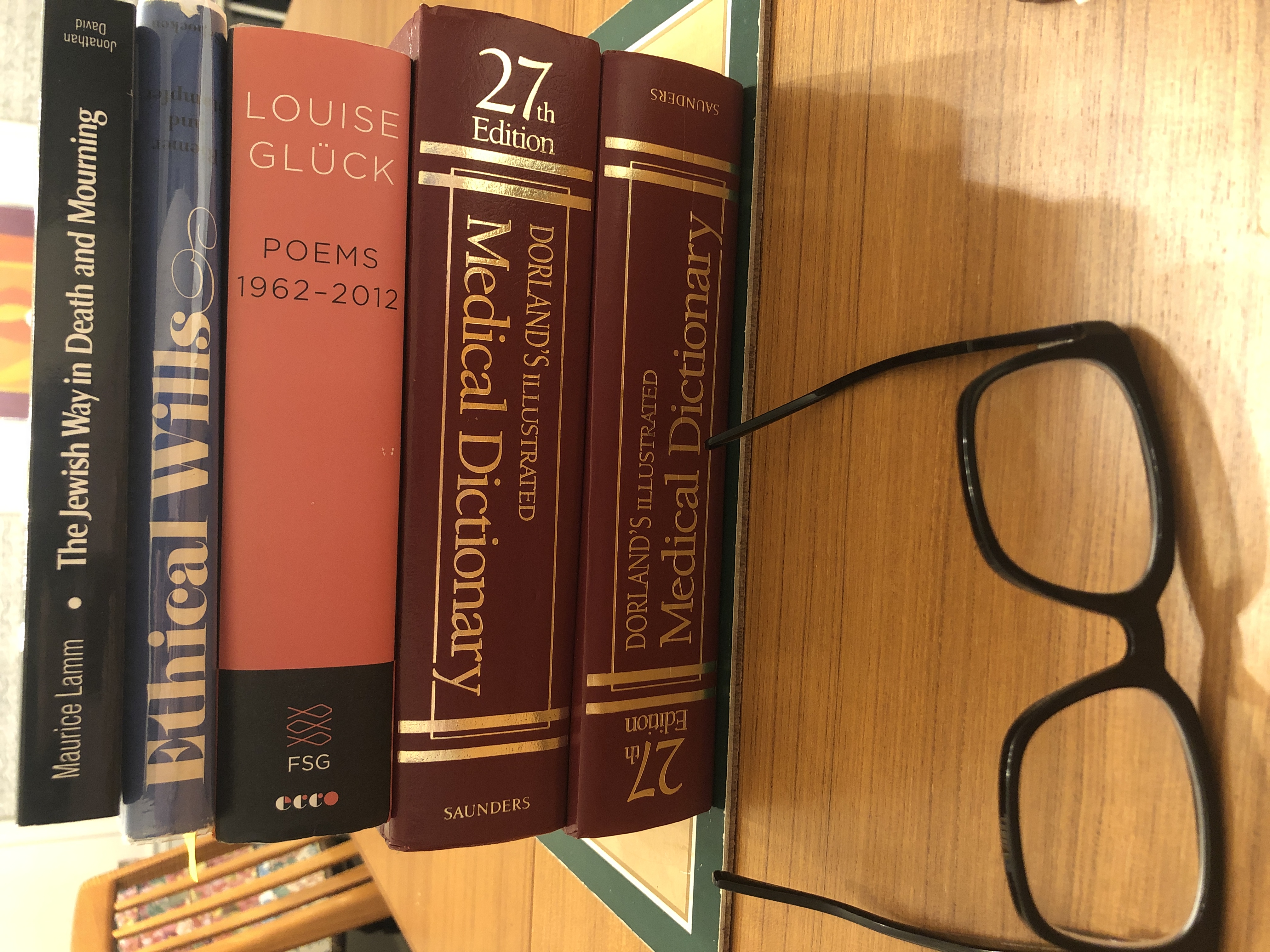Featured Refresh
Text & Image
How is the coronavirus pandemic affecting your life right now? Tell us about your experiences, feelings, and thoughts.
I’m now in my late 50s. My mother often used to say, “it’s later than you think.“ I never doubted that statement, but living through the pandemic has turned my thoughts to my mortality and to that of my loved ones— and to trying to live each day with an awareness of what matters most to me. I don’t take for granted that I, or anyone I love, has any guarantee of life. At the beginning of the pandemic I was filled with such anxiety that it took me hours to fall asleep at night, I awakened throughout the night, and suffered from insomnia. I have type 1 diabetes, and persons with diabetes are at a greater risk for hospitalization, COVID-19 related complications and death from the virus. I haven’t been to the grocery store or any other nonessential public place in a year. I have only had a few essential medical appointments in person, one medical procedure, and two lab appointments for blood tests. I began to meditate in the spring of 2020 and now meditate at least twice daily; the practice has helped me greatly. I also begin and end most days with a prayer, something I rarely, if ever, did before the pandemic. My husband and I have two daughters in their 20s, each living in urban environments hours away from us. I try hard not to worry too much about their health risks as they navigate work and school, but that has been a challenge.I’m learning to let go of the illusion of control.
February 18, 2021
Text Only
How is the coronavirus pandemic affecting your life right now? Tell us about your experiences, feelings, and thoughts.
This week I read an article, “The Racial Time Bomb In The Covid-19.” by Charles. M Blow. In the New York Times. The article pointed out the “Power health” in the South. Most black people live in the South. Researchers worry about African Americans. Some get advantages in African countries and some don’t get an advantage in America. “More than 75 percent had high blood pressure, about 35 percent had diabetes and a third suffered from heart disease.” Black people have more death rates from heart disease and diabeties. “African-Americans with diabetes were 1.5 times more likely to be hospitalized and 2.3 times more likely to die from diabetes than non-Hispanic whites.” In southern states declined to expand Medicaid under the Affordable Care act. However, Covid-19 not distinction racial or ethnic lines. But black people facing different racial problems by the disease. https://www.nytimes.com/2020/04/01/opinion/coronavirus-black-people.html?searchResultPosition=8
October 18, 2020
